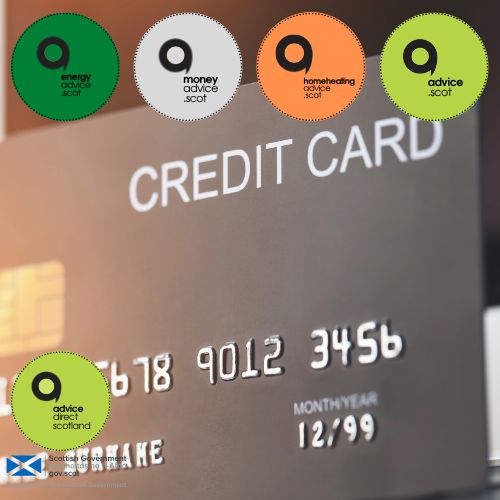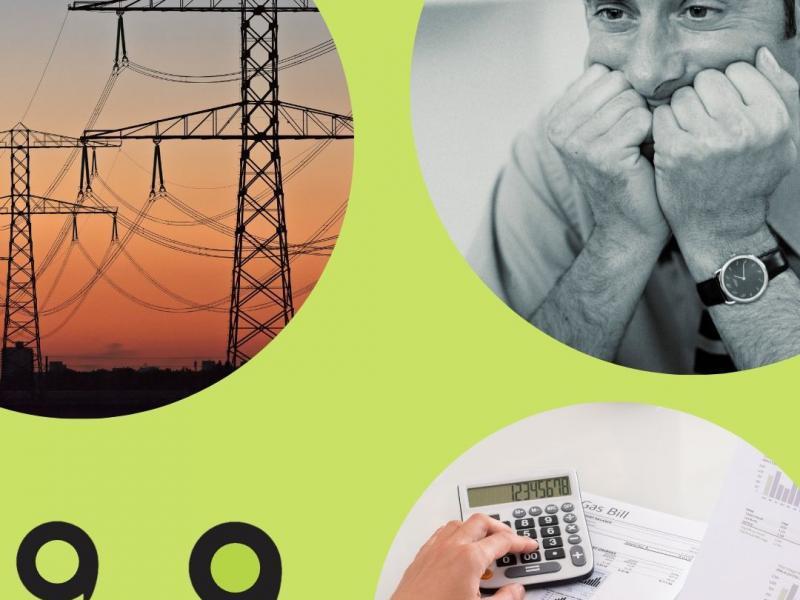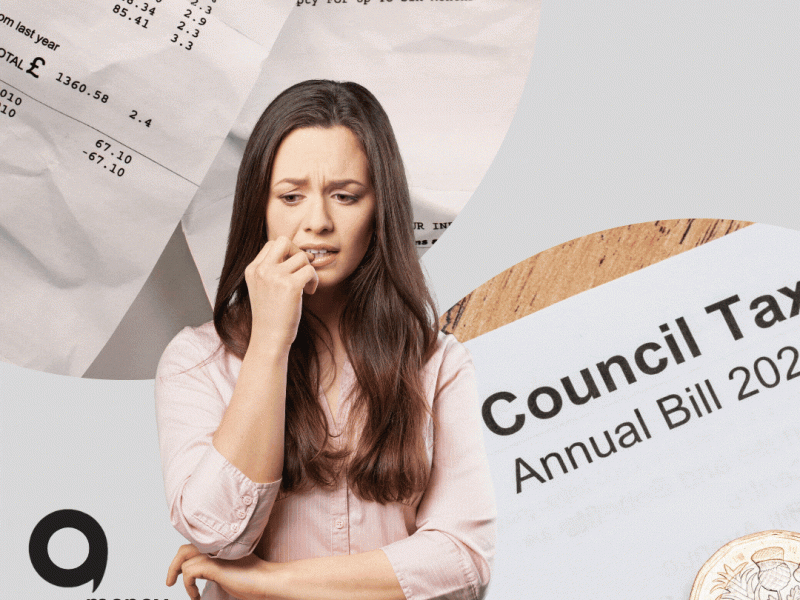
It is good that you have reached out to discuss your worries in relation to your financial situation. By being open and honest about money issues, we can figure out a way forward and try to get back on track.
Sometimes discussing the situation with the companies or organisations that we owe money to can be helpful, as they may be able to offer more flexible payment options to us.
By ignoring letters and other correspondence from our creditors, we can risk additional charges and interest being added on for late or missed payments.
Where to start?
Making sure that all our priority debts, such as rent, mortgages, and council tax are up to date is important, as the consequences of non-payment for these commitments can be more severe. This can include eviction; repossession of property; or court procedures that could lead to arrestment of wages or bank accounts.
By reaching out to your credit card provider, they may be able to put a hold on any additional charges being added to your account. It should be noted that this is only a temporary solution and seeking a more permanent way of managing what we owe is important.
It is also important to remember that missed payments to some financial commitments can be reported to credit reference agencies and have a negative impact on our credit record.
Solutions to Money Issues
There are other debt solutions, including informal debt repayment plans, as well as more formal arrangements that can be put in place if we need them.
It is important to remember that we do not have to face money worries alone – there are sources of support out there that can help if we are struggling with debt.
Building a picture of our current situation can be a good start, including gathering information on who we owe money to, the amounts owed, and any other useful information. We can use this to communicate with creditors and supporting organisations to move forward more effectively.
It is also important to ensure that we investigate other potential sources of income if we are struggling. Approximately half a million people across Scotland are not claiming the financial support they are entitled to, and you do not have to be one of them.
Maximising Income
Advice Direct Scotland’s benefits calculator provides a free and impartial assessment of entitlement to a range of benefits such as Universal Credit, crisis grants and support payments that you may be eligible to apply for.
You can access the benefits calculator by visiting www.advice.scot.
Advice Direct Scotland also run moneyadvice.scot, Scotland’s national debt advice service and can help if you are struggling with your finances. Their team of specialist advisers can provide free information and support on a wide-range of debt and money-related issues.
You can call them on 0808 196 2316 (Monday to Friday, 9am-5pm).
The organisation can also offer support to you if you are struggling with energy costs, including speaking to your energy supplier on your behalf, and making referrals to sources of financial assistance.
For more information, visit www.energyadvice.scot, or call 0808 196 8660 (Monday to Friday, 9am-5pm).



